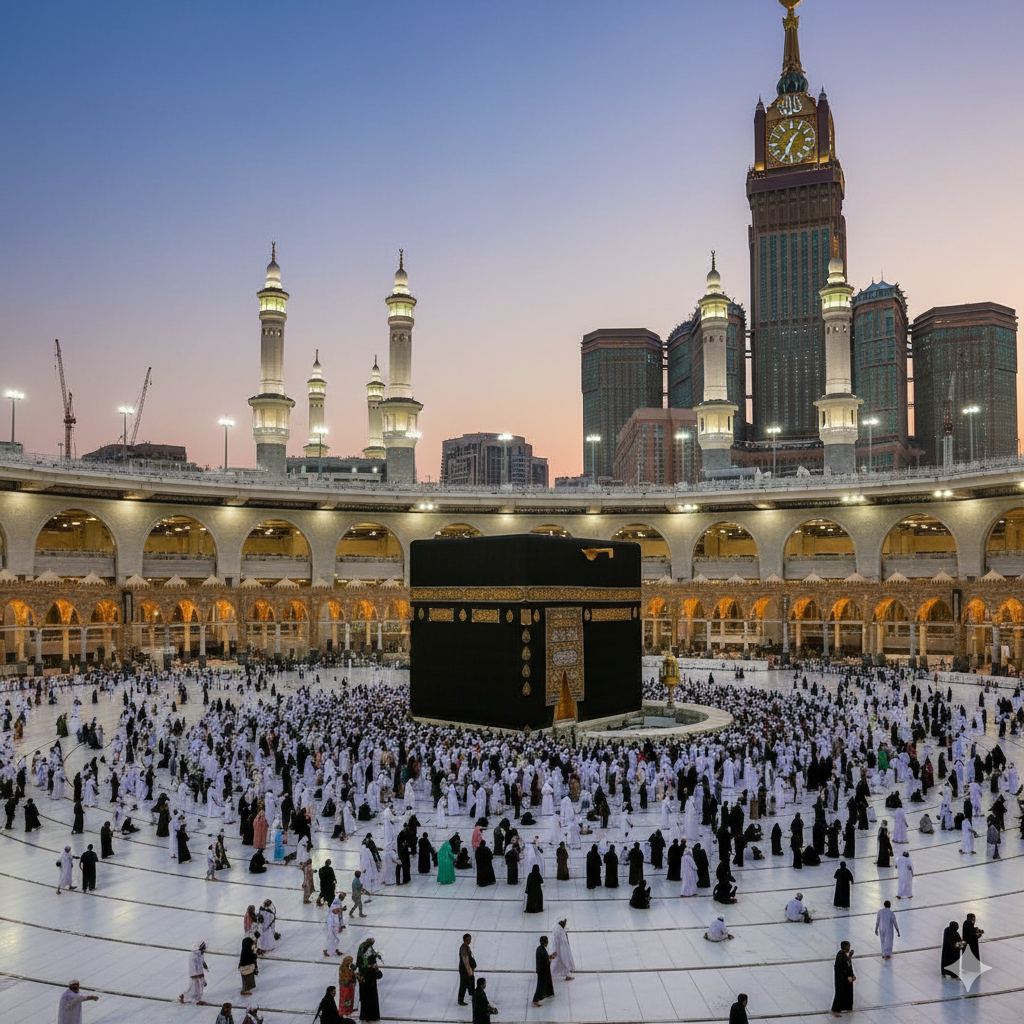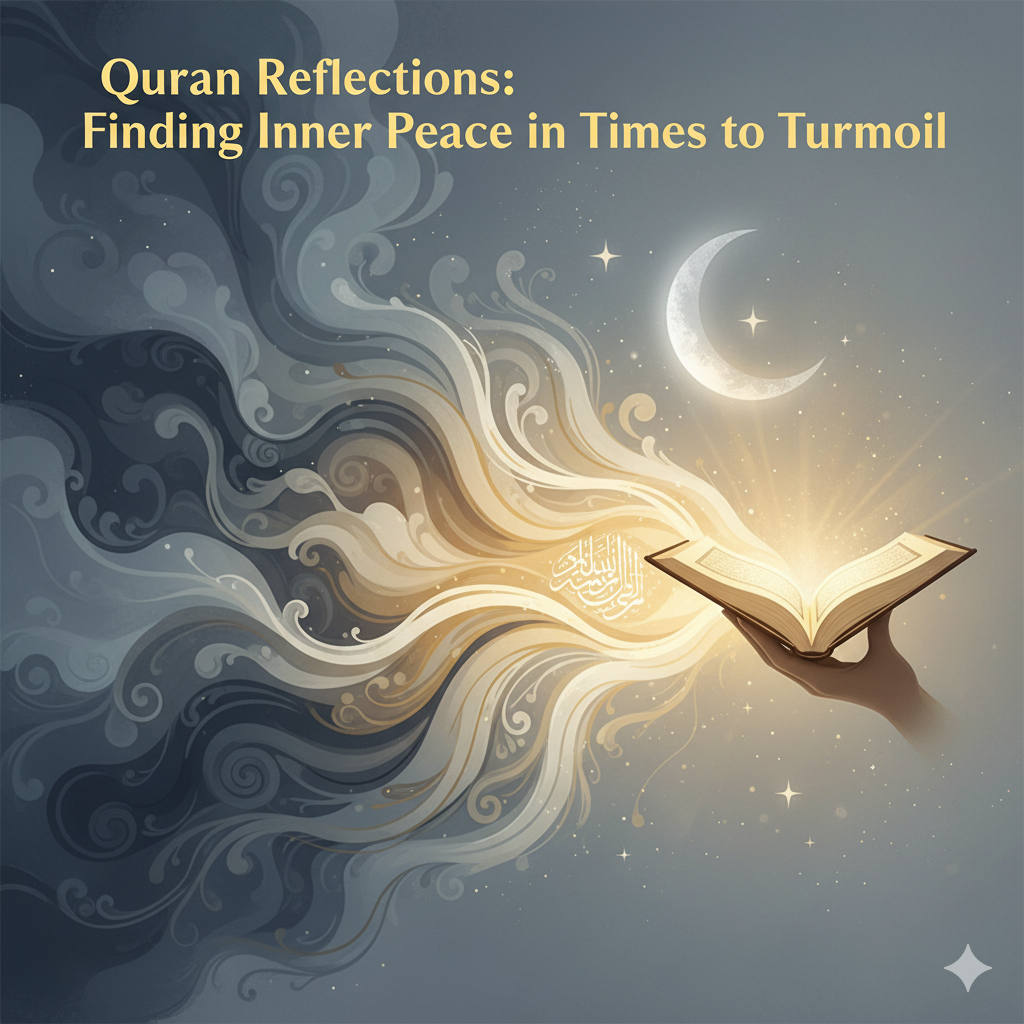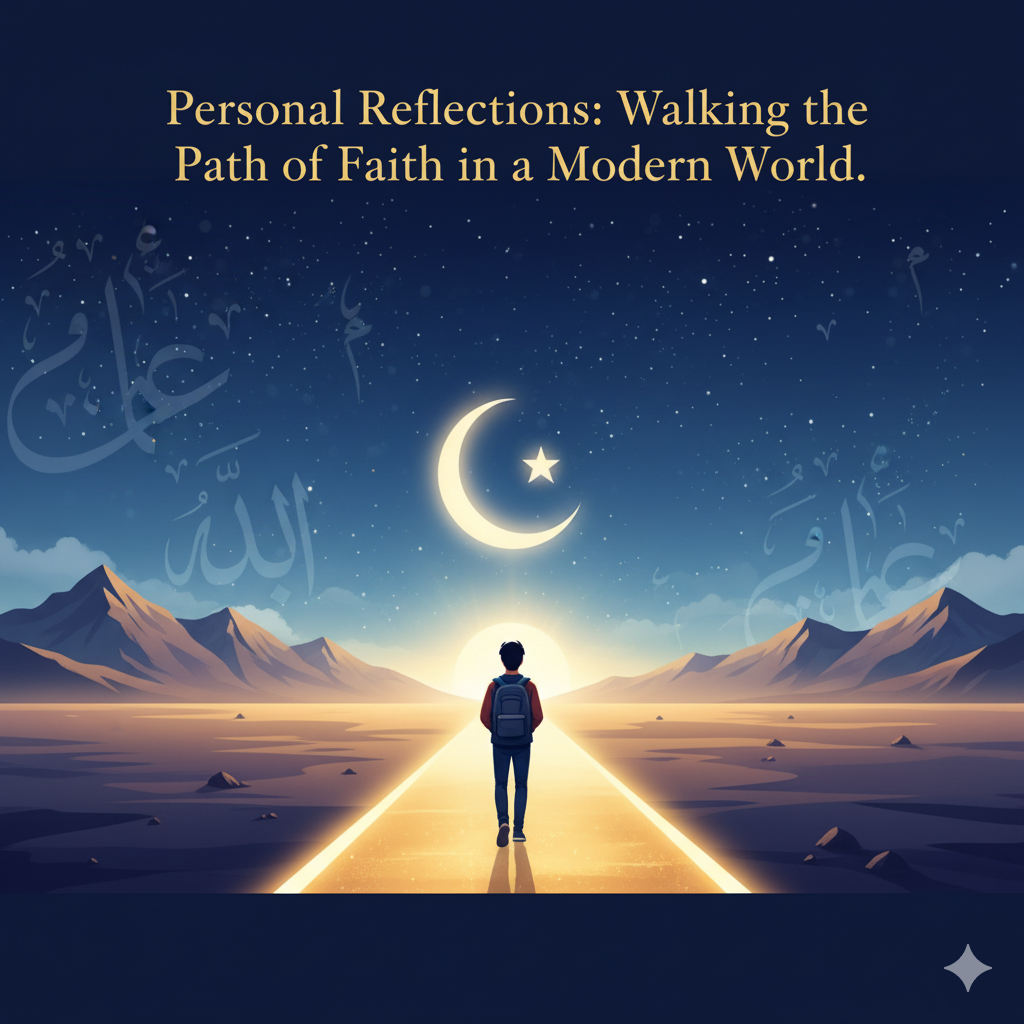1. The Forgotten Duty of Reflection
Many Muslims strive to recite the Qur’an regularly, especially in Ramadan. While recitation is noble, reflection is a command from Allah. He questions:
“Do they not reflect upon the Qur’an? Had it been from other than Allah, they would have found in it much contradiction.” (4:82)
This verse reveals two things:
Reflection proves the Qur’an’s divine nature.
Without reflection, the heart remains locked.
Thus, tadabbur is not an optional practice for scholars — it is the right of the Qur’an upon every believer.
2. Reflection Opens the Heart
The Prophet ﷺ described the Qur’an as either a proof for you or against you. Reflection ensures it is for us, not against us. When we reflect:
Hearts Soften: Verses about Jannah create longing, while verses about Jahannam awaken fear.
Faith Strengthens: Stories of prophets show us how to persevere in trials.
Purpose Clarifies: The Qur’an realigns us with our ultimate goal — meeting Allah.
Without reflection, the Qur’an may pass through the lips but never settle in the soul.
3. Core Themes for Deep Reflection
🌿 a) Allah’s Majesty in Creation
Allah calls us to reflect on the universe as signs of His power:
The sunrise, the beating of our hearts, the rain — all are living verses pointing us to Allah. Reflection transforms ordinary experiences into acts of remembrance.
💡 b) Accountability and the Afterlife
Reflection on verses about the Hereafter nurtures responsibility.
A believer who reflects here becomes mindful even in private — avoiding sin, doing small acts of kindness, and seeking Allah’s mercy.
🌸 c) Stories of the Prophets
The Qur’an repeatedly narrates stories — not as entertainment, but guidance.
Prophet Nuh (Noah, peace be upon him): His persistence teaches us resilience when surrounded by disbelief.
Prophet Ibrahim (Abraham, peace be upon him): His trust when thrown into fire is a lesson in reliance on Allah.
Prophet Yunus (Jonah, peace be upon him): His dua in the darkness inspires hope in despair.
Reflecting on these stories connects us with the struggles and victories of earlier believers.
🌙 d) Divine Mercy and Forgiveness
Perhaps the most comforting theme is Allah’s forgiveness:
Reflection on these verses relieves guilt and opens doors to sincere repentance.
🕊️ e) Justice, Ethics, and Human Dealings
The Qur’an doesn’t just guide worship, but everyday ethics:
From honesty in business to kindness in family, reflection makes the Qur’an a manual for real life.
4. Practical Steps to Reflect Effectively
Prepare Spiritually: Start with wudu, dua for understanding, and humility.
Read Slowly: Don’t rush through verses — pause after each.
Use Tafsir: Classical and contemporary tafsir expand meanings beyond surface reading.
Ask Questions: What does this verse teach me about Allah? What action should I take?
Apply Immediately: Reflection is incomplete without action.
5. Reflection in Daily Life
🌅 Morning Reflections
Begin the day with verses about gratitude and remembrance, such as: “So remember Me; I will remember you.” (2:152)
💼 Work and Responsibilities
Reflect on verses about honesty, trust, and patience in dealings.
🤲 Hardships and Trials
When struggling, verses about sabr (patience) and tawakkul (trust in Allah) provide immediate strength.
🌌 Before Sleep
Ending the day with verses about forgiveness and the Hereafter softens the heart and prepares it for rest.
6. The Ripple Effect of Reflection
When individuals reflect on the Qur’an sincerely, the entire community benefits:
Families become spiritually connected.
Mosques turn into centers of learning and growth.
Societies experience justice and compassion.
Reflection is not just personal — it revives the ummah.
7. Barriers to Reflection and How to Overcome Them
Heedlessness: Distracted hearts block reflection. Solution: minimize distractions during Qur’an time.
Sin: Persistent sin hardens the heart. Solution: repent sincerely.
Over-Reliance on Ritual: Recitation without meaning reduces depth. Solution: balance both.
8. Transforming the Self through Reflection
When the Qur’an becomes part of our reflections:
The tongue avoids lies, backbiting, and harshness.
The eyes lower their gaze and see Allah’s blessings.
The heart trusts Allah in every matter.
The Qur’an then shapes not only what we believe but who we become.
Conclusion
The Qur’an is more than words — it is a mirror for the heart. Reflection polishes that mirror until we see truth clearly. By engaging deeply with Allah’s words, we transform trials into lessons, daily tasks into worship, and ordinary life into a journey toward Jannah.
Let us not be people who merely recite, but people who absorb, act, and reflect — so that when we stand before Allah, we can say: “We tried to live by Your Book.”
“This Qur’an guides to that which is most upright.” (17:9)
 हिन्दी
हिन्दी








